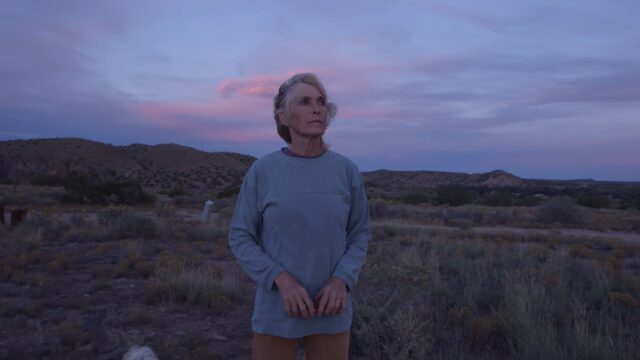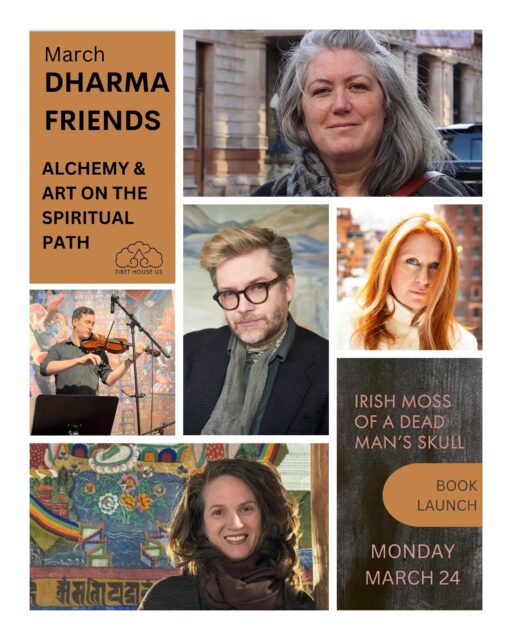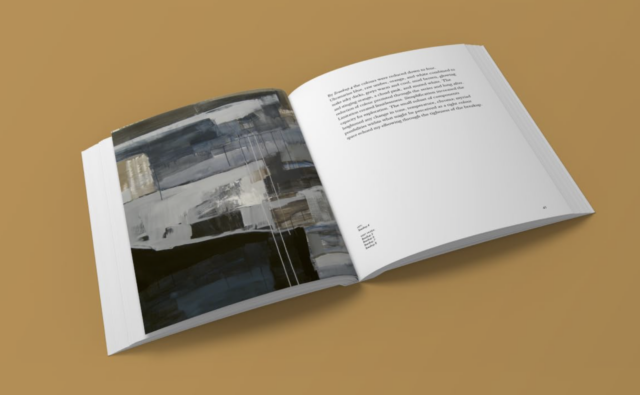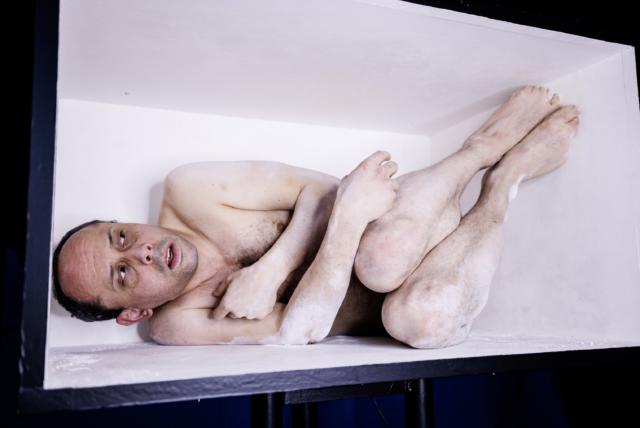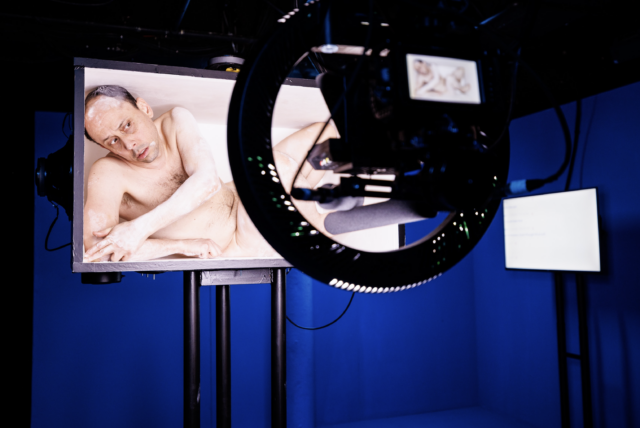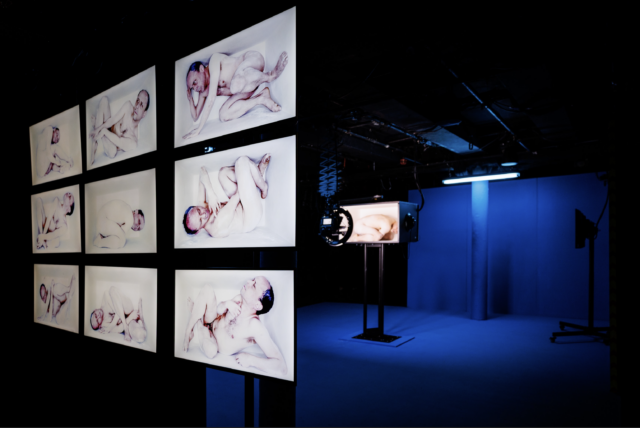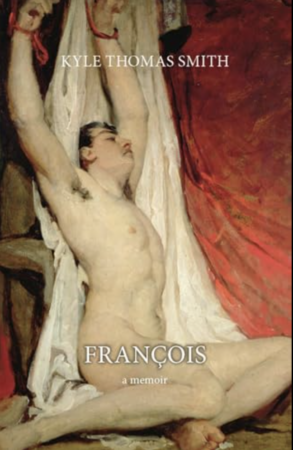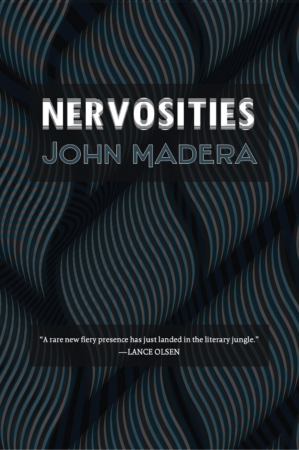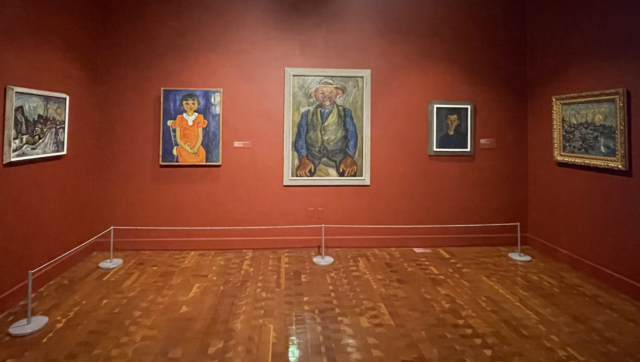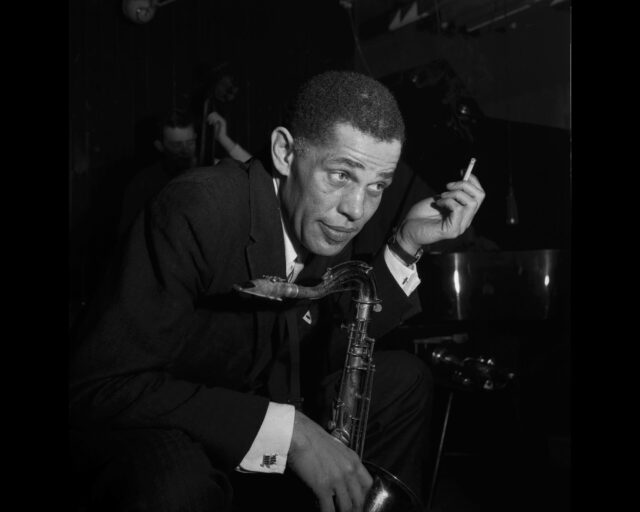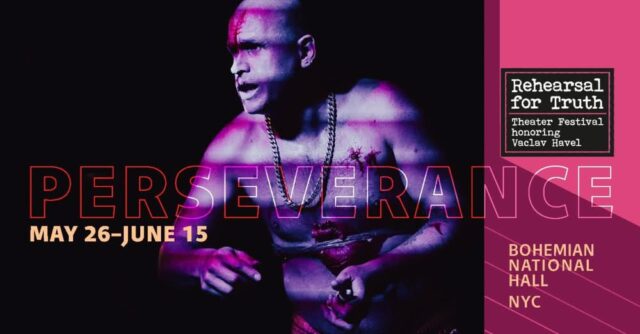
REHEARSAL FOR TRUTH INTERNATIONAL THEATER FESTIVAL: PERSEVERANCE
Bohemian National Hall (unless otherwise noted)
321 East 73rd St. between First & Second Aves.
May 26 – June 15, free – $15
rehearsalfortruth.org
Founded in 2017, Rehearsal for Truth is an annual festival that honors the legacy of Czech playwright, dissident, and president Václav Havel. Presented by the Václav Havel Center and the Bohemian Benevolent and Literary Association, This year’s iteration features theater, opera, music, poetry, and more from Czechia, Bulgaria, Belarus, Romania, Slovakia, Poland, Hungary, and other nations.
“Rehearsal for Truth is a rare opportunity to hear artistic voices from Central and Eastern Europe,” festival artistic director Edward Einhorn explained in a statement. “The theme of the 2025 edition is Perseverance. The worldwide turn towards autocracy and war is both current and historically familiar for the artists from this region, and their responses have a deep resonance now for Americans, as we experience our own crises. My hope is that the work presented in the festival can connect our experiences and help us guide us as we all try to persevere through difficult times.”
The centerpiece is the US premiere of Blood, Sweat, and Queers, a seventy-five-minute piece about intersex Czech track star Zdenek Koubek (1913–86) and fascism, coproduced by Einhorn’s Untitled Theater Company No. 61. Other highlights include Belarus Free Theatre’s King Stakh’s Wild Hunt, Alexander Manuiloff’s interactive The Decision, and an evening of music and poetry with Marketa Foukalova, Jan Zábrana, and Martin Brunner.
Havel (1936–2011) wrote such plays as The Garden Party and The Memorandum and such books as Living in Truth and Toward a Civil Society; he also wrote and directed the 2011 film Leaving. In a 1968 letter to Alexander Dubček, the first secretary of the Communist Party of Czechoslovakia, Havel explained, “Even a purely moral act that has no hope of any immediate and visible political effect can gradually and indirectly, over time, gain in political significance,” words to live by in today’s international maelstrom.
Tickets for most events are free (with a suggested donation of $10-$15) and require advance RSVP. Below is the full schedule.
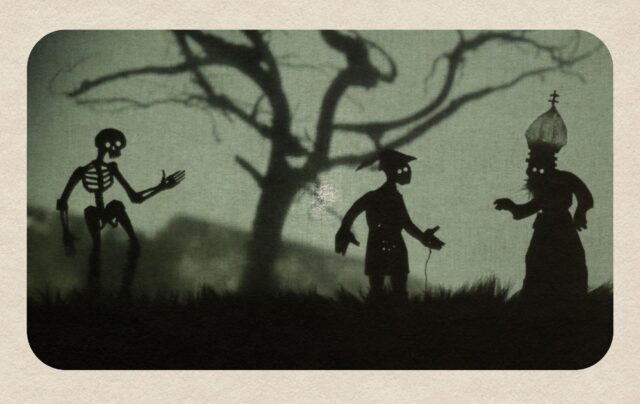
Hura Collective’s Erben: Vlasy is part of Rehearsal for Truth festival honoring Václav Havel
Monday, May 26
through
Sunday, June 15
Blood, Sweat, and Queers, coproduced by Untitled Theater Company No. 61, by Tomas Dianiška, translated by Edward Einhorn and Katarina Vizina, directed by Edward Einhorn, starring Craig Anderson, Herschel Blatt, Jean Marie Keevins, Alyssa Simon, Katarina Vizina, and Hennessy Winkler, followed by a talk with Chris Harwood on May 26 and Michael Waters on May 30, $10-$20
Tuesday, May 27
Marketa Foukalova, featuring vocalist Markéta Foukalová, with poems by Jan Zábrana and music by Martin Brunner, followed by a discussion with Chris Harwood, free ($15 suggested donation), 7:00
Thursday, May 29
The Decision, interactive theater created by Alexander Manuiloff, directed by Irina Kruzhilina, Bohemian National Hall, followed by a discussion with the author, free ($15 suggested donation), 7:00
Sunday, June 1
King Stakh’s Wild Hunt, by Belarus Free Theatre, from the book by Uladzimir Karatkievich, adapted by Nicolai Khalezin, with music by Olga Podgaiskaya, directed by Natalia Kaliada, free ($10 suggested donation), 2:00
Connection, solo livestream from Salzburg, created and performed by Maryna Yakubovich, followed by a discussion and reception, free ($15 suggested donation), 5:00 – 9:30
Wednesday, June 4
The Pit, written by Matei Visneic, directed by Ana Margineanu, starring Owen Campbell, Vas Eli, and Perri Yaniv, followed by a discussion with the artists, free ($15 suggested donation), 7:00
Friday, June 6
Staged Reading: Show Trial, about Czech politician and resistance leader Milada Horáková, written by Laura Zlatos, directed by Tom Costello, followed by a discussion with the author, $15, 7:00
Saturday, June 7
Furiozo: Man Looking for Trouble, created by Piotr Sikora, followed by a reception with the artist, free ($15 suggested donation), 7:00
Sunday, June 8
Erben: Vlasy, by Hura Collective, with direction, set, puppets, and music by Hza Bažant, starring Hza Bažant and Leona Bažant Telínová, followed by a demonstration of puppetry techniques and history, free ($15 suggested donation), 5:00 & 7:00
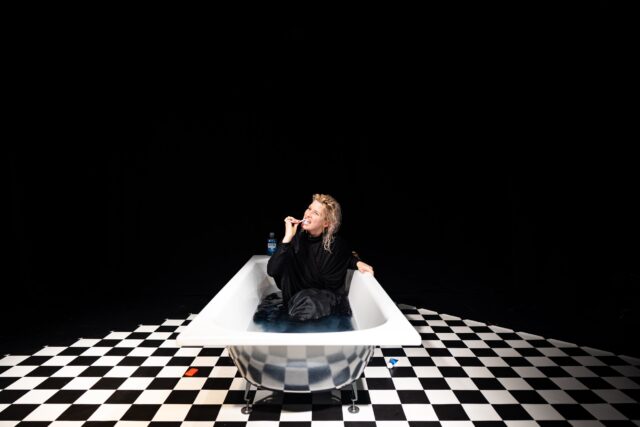
Stella Abel will perform Psyche June 12 & 13, in English then Hungarian
Wednesday, June 11
The Amateurs, written by Lenka Garajová, directed by Šimon Ferstl, starring Šimon Ferstl, Jakub Jablonský, Lenka Libjaková, Martin ISO Krajčír, Kriss Krimm, and Tomáš Pokorný, followed by a discussion with the artists, free ($15 suggested donation), 7:00
Thursday, June 12, in English, 7:00 & 9:00
and
Friday, June 13, in Hungarian, 7:00
Psyché: Writings of an Erstwhile Poetess, from poems by Sándor Weöres, translated by David Cseh, directed by Mark Tarnoki, performed by Stella Abel, the Hungarian House, 213 East 82nd St., free (donations encouraged)
Friday, June 13
Kafka’s Ape, adapted by Phala Ookeditse, performed by Tony Miyambo, Bohemian National Hall, followed by a discussion with the artists, free ($15 suggested donation), 7:00
[Mark Rifkin is a Brooklyn-born, Manhattan-based writer and editor; you can follow him on Substack here.]

